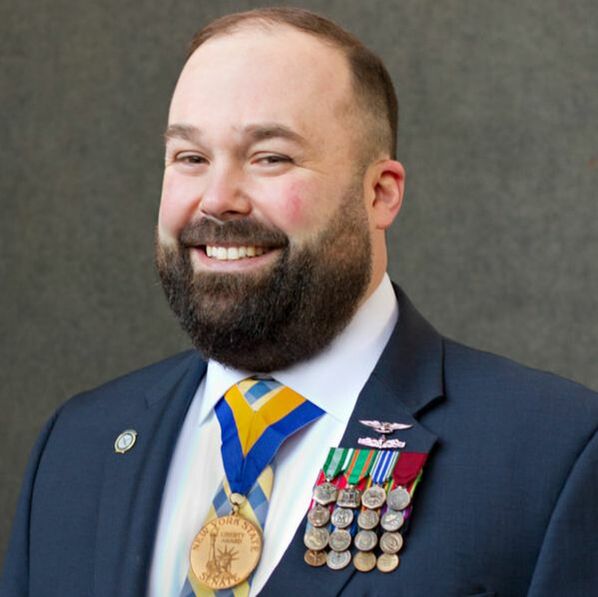And that’s only if lawmakers have settled the ongoing government shutdown by then.
Coast Guard officials confirmed this week they need emergency legislation by the end of today in order to process paychecks on time for their regular release on Jan. 1. Currently, about 42,000 service members are working without pay because of the government shutdown.
Members of the Army, Navy, Air Force and Marines are unaffected by the budget stalemate because funding for their departments was finalized last fall. The same goes for veterans benefits, since the Department of Veterans Affairs saw its full fiscal 2018 budget approved in September.
But the Coast Guard’s money, which is handled through the Department of Homeland Security, falls under one of numerous government agencies forced into shutdown last week over a political dispute concerning President Donald Trump’s proposed southern border wall.
House and Senate negotiators have made no headway with the White House since the government shutdown began last Saturday. No votes are scheduled for either chamber today, and most lawmakers have left the Capitol Hill area, anticipating a stalemate into next week.
That leaves little hope for Coast Guard members working under emergency orders that they will see their scheduled paychecks this cycle. That includes money they’ve earned not only since the shutdown began, but also work done under normal circumstances the week before.
Tens of thousands of other government workers are also working without pay, but could see their checks arrive quickly after the shutdown ends because of different pay schedules. For the Coast Guard, they’ll have to wait a full month between paychecks, a financial hardship that could severely impact some junior members of the service.
In a statement earlier this week, U.S. Coast Guard Chief Petty Officers Association National President Jon Ostrowski called that an unnecessary hardship for those individuals and their families.
“What Congress may not realize is that service members will pay the price for this with their time to fill out paperwork to take out personal loans and grants to cover their bills, not to mention the time it takes to pay back any loans received after the government shutdown is resolved,” he said. “Our Coast Guard members deserve better than this.”
The group had been working with other advocates to pass emergency legislation this week to process paychecks despite the partial shutdown, sending nearly 70,000 emails to congressional offices asking for help. But the measure never got any significant legislative momentum.
Advocates are referring families severely impacted by the shutdown to Coast Guard Mutual Assistance, a relief society that is providing financial aid during the shutdown.
“While they can’t replace an entire paycheck, they can help with small loans to ensure the bare essentials are met,” said Mike Little, executive director of the Sea Service Family Foundation. “It’s a shame that Congress forgot our members of the Coast Guard. But it’s even more important that they know other Coasties haven’t forgotten them.”
In the meantime, Coast Guard officials have said child care subsidies may also be halted during the shutdown, and some non-essential travel will be curtailed.
Coast Guard Exchange locations are scheduled to remain open for now, as will service day care centers. Several public affairs and public outreach offices have already been closed.
The partial government shutdown entered its seventh day on Friday and is poised to become the third longest since 1980 if it stretches until Jan. 3, the day the new Congress is scheduled to be seated.


 RSS Feed
RSS Feed
